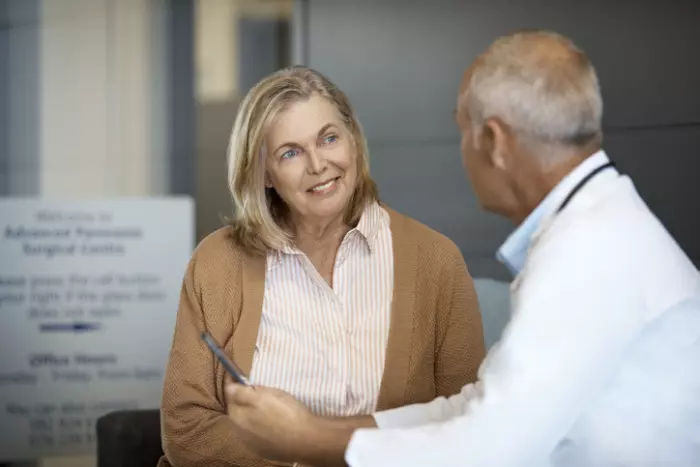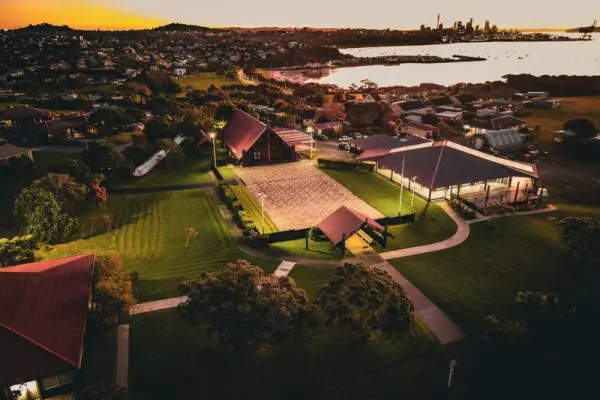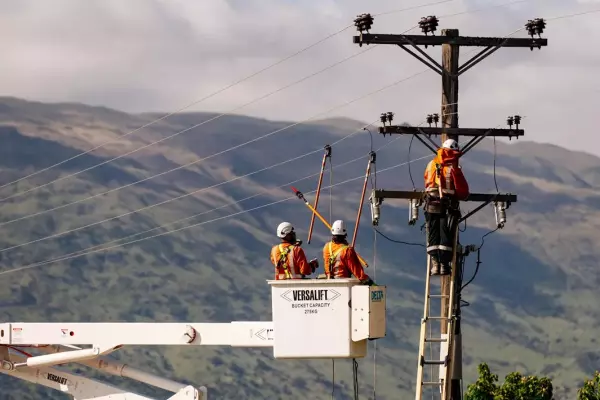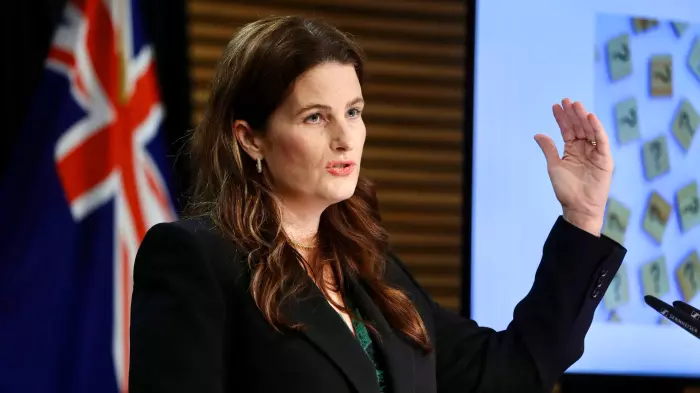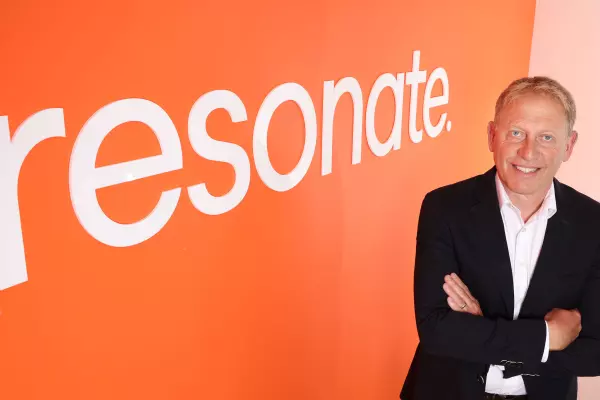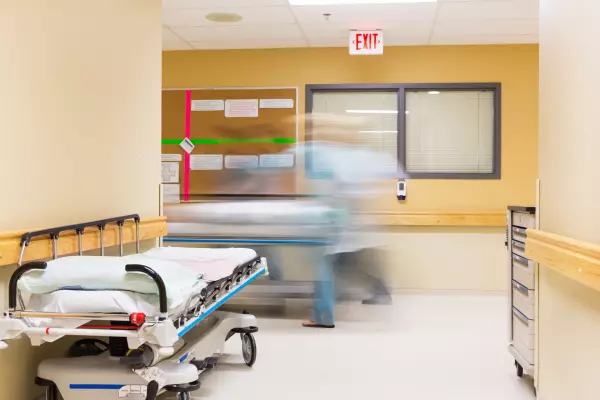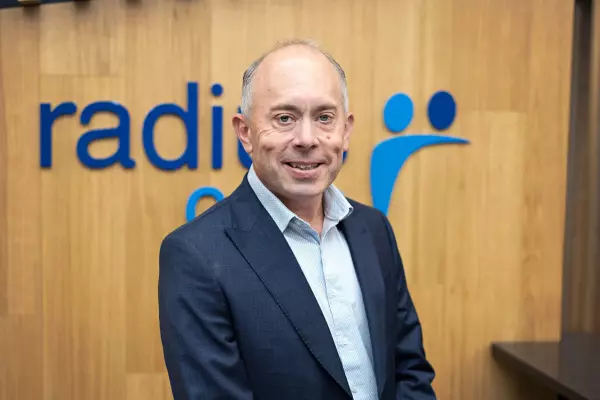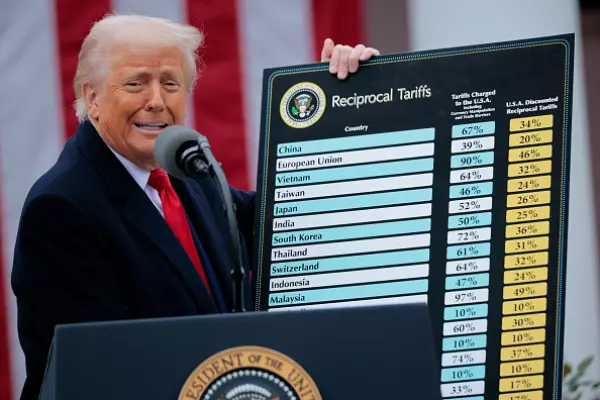A new report says more than two-thirds of GPs are intending to retire within the next decade. Currently, 64% of GPs are owners or partners in a practice.
This changing workforce could affect how New Zealand practices are structured if they sell to corporates.
The Royal NZ College of General Practitioners 2022 workforce survey shows the alarming impact of an ageing workforce and changing ownership of practices.
Dr Samantha Murton, college president and Wellington-based GP, said: “Very strategic discussions need to be had at the highest level.
“Conversations need to be had so that there is a deliberate, conscious thought about this, and a public opinion is made, and we live with that opinion.”
'A different group'
The results show that just under a third of GPs now own or are a partner in a general practice.
Half of the GPs identified as being 52 years and older, with 14% aged 65 and older.
The number of general practitioners working for a corporate-owned entity rose from 10% in 2020 to 14% in 2022, and the number of GPs working for general practitioner-owned practices fell from 68% in 2020 to 64% last year.
Historically, practices have been owned privately, by corporates or by trusts, equally, Murton said.
However, due to a very large number of GPs retiring or already at retirement age, GPs who own practices are concerned about who will succeed them in the business because they don’t have readily available buyers, she said.
“The younger ones coming through are a different group.”
'A variety of business models'
Murton said there were “two sectors” within the workforce – many older, male GPs who have been running their own practice for 30-40 years and a large number of younger people coming through who are more likely to be female with a student loan, debt, family and other financial responsibilities, making it unlikely they would be able to own their own practice.
Some GPs are selling to corporates just to ensure the practice survives and services will still be delivered to the community, she said.
Other GPs will join a corporate by selling a portion of the business to allow the corporate to run the administration and human resources functions and “other things behind the scenes”, while they just focus on doing a clinical job, Murton said.
“It can be quite tricky holding both hats, as you have a lot of responsibility in both those roles, as a clinician and as a business owner.”
Murton thinks the future of GP services “could see a variety of business models", as seen in the aged-care sector.
“People with more nous than me need to be talking about that.”
The survey was completed by 70% of the college’s members (3,488 respondents). The biennial survey is carried out to research the demographics of the current workforce as well as offer important insights into how specialist GPs and rural hospital doctors from right across the motu feel about their work, their place in the sector, and their own health and wellbeing.
The survey also identified a workforce that feels more burned-out, overworked, under pressure, and undervalued than ever before.
This story has been updated to correct the percentage of GPs retiring in the next 10 years and percentage of ownership of GP practices.


